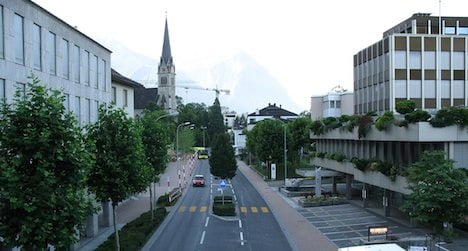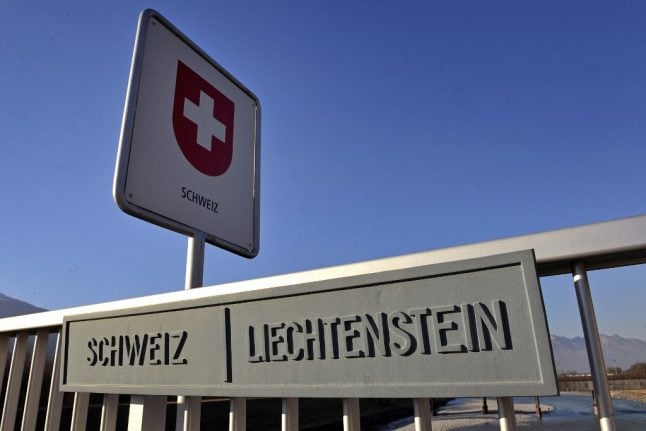"The government regrets the closure of the maternity ward," Health Minister Mauro Pedrazzini said in a statement.
The doctors had decided to leave amid uncertainty over the future of the establishment, the authorities in the tiny landlocked country between Switzerland and Austria explained, saying the ward would close for good during the spring.
The citizens of Liechtenstein in 2011 rejected by popular vote to dish out the cash needed to build a new hospital building and replace the ageing infrastructure.
Since then, the authorities in the country of fewer than 37,000 people, have been struggling to push through a modernisation plan for the maternity ward to bring it up to the standards demanded by the doctors working there.
Each year, some 200 babies are born at the ward, while another some 200 babies are born to Liechtenstein citizens who decide to travel abroad to give birth, mainly to neighbouring Switzerland and Austria.
Once the Liechtenstein ward closes, all young Liechtensteiners will be born abroad.
LIECHTENSTEIN
Liechtenstein shuts ward after maternity docs quit
Liechtenstein will close its only maternity ward, where some 200 babies are born each year, after all the gynaecologists working there quit at the same time, the government said on Wednesday.
Published: 15 January 2014 19:00 CET

City centre of Vaduz, home to Liechtenstein's only hospital. Photo: Andrew Bossi
Url copied to clipboard!



 Please whitelist us to continue reading.
Please whitelist us to continue reading.
Member comments